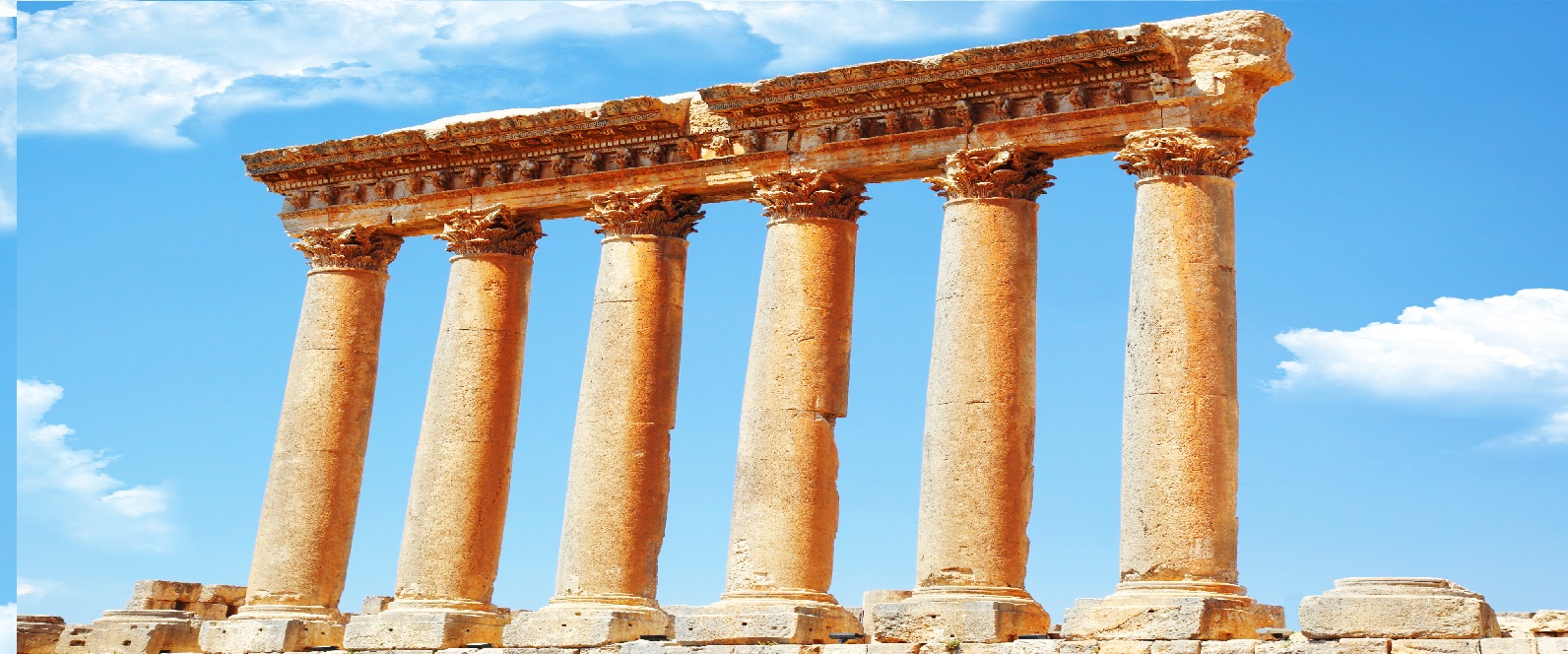
Lebanon’s refugee crisis: The Flexible response
Part three in a series regarding Lebanon. Written by Professor Martin Beck, Centre for Contemporary Middle East Studies, whose research project is supported by the Carlsberg Foundation
Lebanon’s refugee crisis is, when measured in per capita terms of the ratio between the indigenous and the refugee population, unprecedented in global history. One fifth of the Lebanese population is composed of officially registered refugees—in Denmark and Germany the respective share is a mere three per mill.
Still, the refugee crisis is securitized to a lower degree in Lebanon than in many parts of Europe. Today’s blog contribution attempts to shed some light on this finding by analyzing how the state responded to it.
The reputation of the Lebanese state is rather low. Many scholars label its crisis management capabilities as extremely poor. These negative assessments are not made up out of thin air:
The Lebanese state has proven itself to be incapable of settling a current crisis of collecting and depositing garbage for more than one year. For over two-and-a-half years, one of the three most important political offices—the Presidency—had been vacant and Parliamentarian reelections, which were due in 2014, have been postponed to 2017.
Moreover, corruption is a widespread problem in the public sector. Thus, how could the Lebanese state cope with the huge refugee influx? I argue that many features of the Lebanese state that are rightly considered as weaknesses with respect to many tasks have turned out to be strengths in the face of the refugee crisis.
The European concept of state sovereignty has not been strictly implemented in Lebanon. Even the security sector is not under full control of the central state, particularly with Hezbollah as one of the major political parties’ controlling military capabilities that outweigh those of the formal sector. Borders were drawn by European imperial powers and have thus been subject to contestation on different levels.
Actively seeking external interference in what in other countries would be strictly defined as internal affairs is a common policy applied by Lebanese political actors. Thus, at least as long as the refugee influx had not reached the threshold of one million in 2014, the Lebanese state showed no strong ideological barriers to the refugee influx from Syria.
Moreover, the Lebanese state did not have any reservations about leaving the caretaking of the refugees to international organizations. Some critics blamed the state of Lebanon for its inactivity. Yet, bearing in mind the partially chaotic conditions to which refugees in Europe were exposed, one may well argue that the Lebanese state showed a flexible response by leaving the issue to professionals from experienced international organizations.
The near paralysis of top state institutions has certainly had negative repercussions in terms of state performance. Yet regarding the refugee crisis there have also been some positive outcomes: In contrast to some European states and political elites, quite a number of which securitized the refugee influx to Europe, corresponding attempts in Lebanon had comparatively little penetration power.
At the same time, the power vacuum on the central level involuntarily created a decentralized system and gave room for maneuver to other (quasi-)state institutions. Although their activities systematically violated the rule of law and regularly served vested interests, it should be noted that, from a systemic perspective, state functions were maintained in a flexible way.
The most prominent case is the close cooperation between the Lebanese army and Hezbollah in combatting terrorism. Other state functions were often left to municipalities, which, although in some cases objectified refugees for arbitrary policies such as curfew regimes, from a systemic perspective, they took their part in the flexible Lebanese way of handling the refugee crisis.